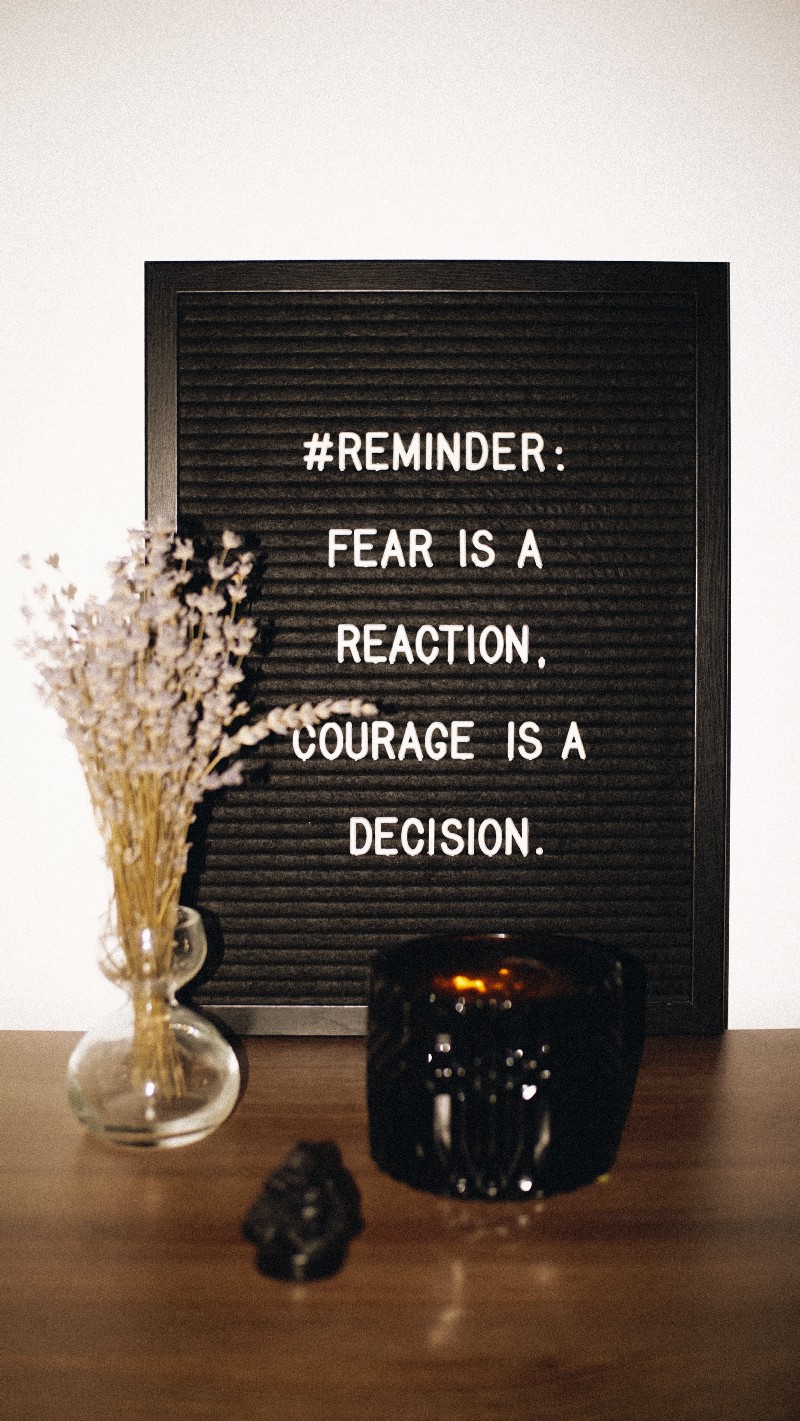
05 Aug Could I Protect a Black Teen From Racial Violence?
I’d have to overcome my fear first
I was already angry at the driver of the car behind me. He’d been tailgating me for several blocks, hanging just a few feet behind my bumper, regardless of how fast I was going. And I am not a slow driver by any means. We were on a three-lane street, so he could have passed me if he wanted to. Clearly he had some reason for trying to intimidate me.
The light turned red just as I got to a busy intersection, and the guy nearly hit me before screeching to a stop. There was a long wait. The cross-street was a major highway, and I had plenty of time to watch him and his passenger in my rearview mirror. They were both White men, probably in their 30’s. They drank frequently from cans that could have contained soda – or maybe something else.
Then they started gesturing and laughing, and I looked to see what they were pointing at. On the corner, a young Black teenage boy was waving a sign shaped like a huge arrow. It said something about pizza, I think. It was hard to read, because the young man was dancing and spinning, tossing the sign in the air. His moves were pretty impressive. He twirled the sign over his head and swung it around his body like a drum major. But the big arrow was much harder to handle than a baton, and it kept clunking him on the head. The overall effect was more comical than graceful.
I looked back at my mirror and watched the two men poking each other, rolling their eyes, and clutching their bellies. Out of nowhere, a rage came over me so fast it brought tears to my eyes.
This wave of anger settled as an intense ache in my jaw and neck. I tried to talk myself down, telling myself maybe they were simply appreciating the boy’s highly entertaining performance.
But then he executed an imperfect spin and the sign hit him in the face. He bent over, clearly in pain. I watched the mens’ laughter turn ugly. They sneered. Their expressions oozed contempt. Ridicule. Condescension. I felt it as clearly as if they were sitting in my back seat.
For a brief moment, I saw the boy on the corner as my son. And I wanted to hurt those men.
What would that look like though? Did I really think I would confront them if we were standing face to face? My jaw ached. I tried to bypass my emotion and listen to my rational mind.
You have an opportunity here to do that thing you’re always talking about – recognize that you’re being triggered, raise yourself up to a place of nobility, and choose a higher-self response. Rewrite the story you’re telling yourself. They are obviously suffering from a spiritual disease, and you could send them some healing compassion. They’re not actually hurting anyone but themselves.
I really tried to pull this off, but at that point I didn’t care about a spiritual response.
When the light turned green, the driver gunned his engine and swerved around me. Then he turned abruptly into a parking lot. What if they were going to harass the boy? Or threaten him? Almost everyone walking on the sidewalk was Black; surely the two men weren’t brave enough - or stupid enough - to try that.
But they might. I should pull over and go back there. I should protect him.
Now my heart was pounding. I wanted to believe I was only afraid for the boy, but truthfully, I was also afraid for myself. The thought of confronting two young, possibly drunk, White men terrified me. I’ve been frightened by White men in the past. It’s something you don’t forget.
So I said a prayer for the boy and I kept driving. I’m a woman. I’m not young. I couldn’t have done anything anyway. But I know if that boy had really been my son, nothing could have kept me from going to him.
A Black male friend I’ve known and respected for many years once posted a heartbreaking comment on Facebook. He wrote that he was afraid to leave his house, afraid to let his sons go outside. This was shortly after another Black man had been killed by the police. I responded that I, along with all those who loved him, would be willing to form a protective circle around him and his boys, and we would defend them with our lives.
It’s easy enough to make a claim like that when it’s theoretical. Yet when I remember my fear on that day at the intersection, I have to ask myself what I would really do if faced with a similar situation again. It’s a question I can’t shake.
There are other questions that won’t leave me alone. What will happen with those two White men? Looking back, I realize I was afraid of them before we even saw the Black boy on the corner. What if they become policemen? Prison wardens? Middle school teachers? Corporate executives? Who will hold them accountable?
And finally this: If I can’t protect a Black boy from racial violence, then who will?
Photo by Cristi Ursea on Unsplash



No Comments